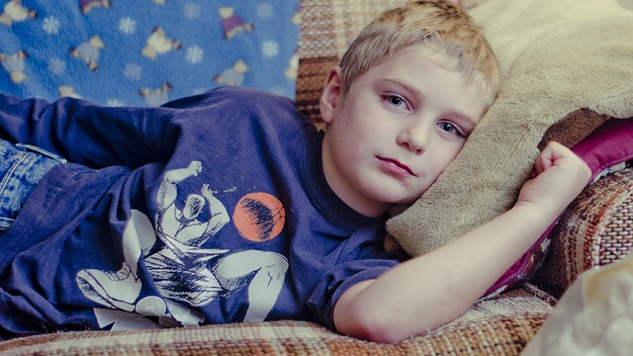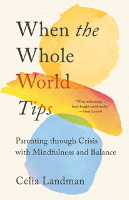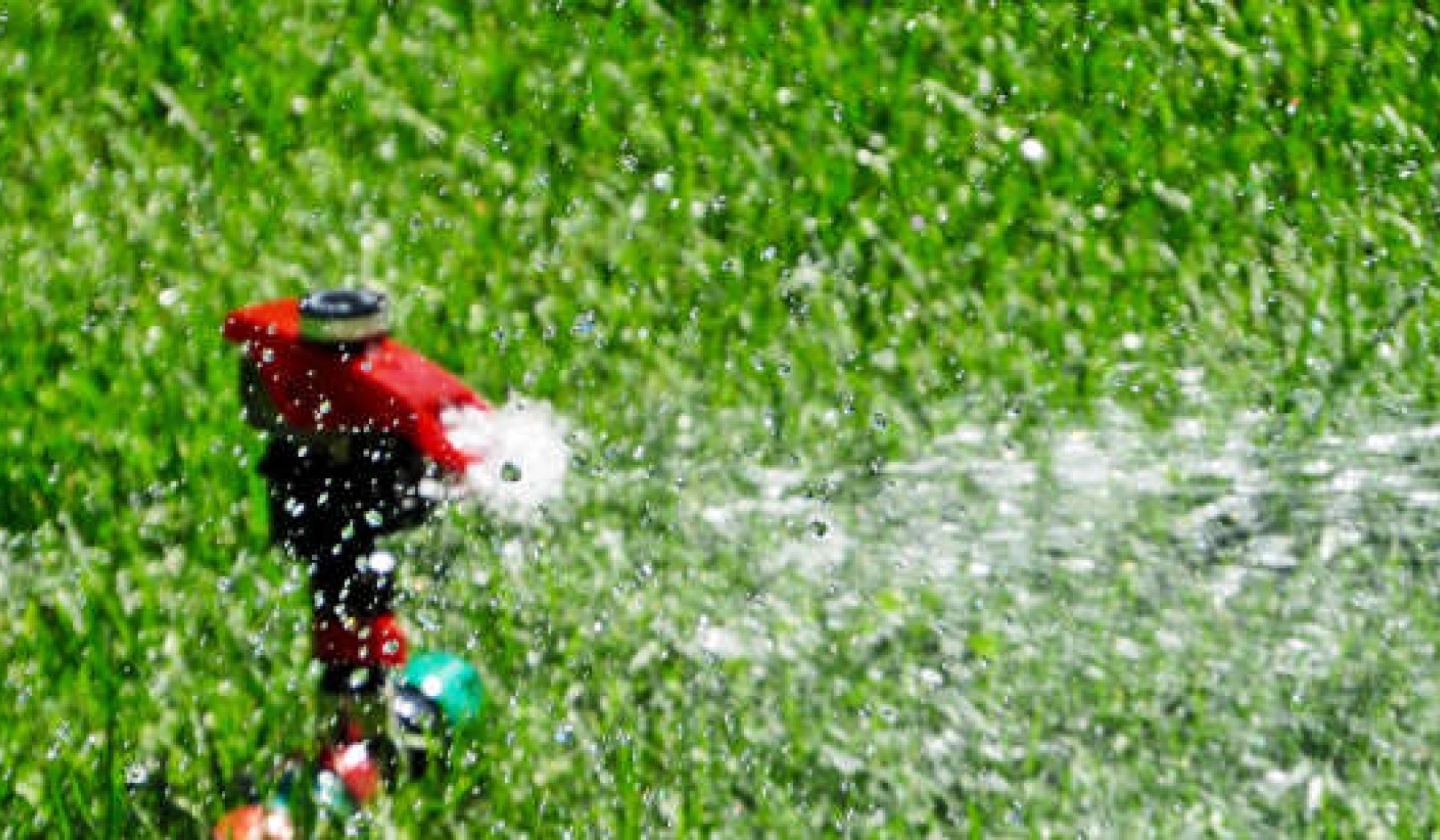
Image by Rachel Bostwick
I’ve yet to receive a holiday letter that begins: Kassie, our oldest, dropped out of college and is living with her boyfriend who grows weed. Our middle child Sam is in a residential treatment center for self-harm. Please send Sam your support. Our youngest has stopped speaking and communicates only by texting. They’ve changed their name to Eros (please do not dead name him/her/them) and goes by all pronouns. Some days it feels like we’re all falling apart. Happy Holidays.
I would love to get this letter. Not because of the suffering it contains, but because of the honesty and authenticity. It blows apart the façade of the perfect family and the happily-ever-after myth.
The Reality of Families and Holidays
All parents I know have gone through hard times with their children. And the holidays with either unexpressed or expressed expectations add more pressure to the family system. Every year there are the images of healthy, well rested families getting together to share turkey or opening gifts in coordinating pajamas — adorable, sweet children smiling with a tasteful Christmas tree as a backdrop. There are the obligatory holiday cards with the photos of vacationing happiness and the highlight reel of the year. No one is depressed, miserable, angry, or high. No one hides in their room when company comes over or gets caught shoplifting at CVS and is banned for life.
One holiday when my teenaged daughter was looking through social media at her classmates skiing out West, and at a formal dance in Manhattan, she became more and more despondent. “They’re having so much fun. Why can’t we go somewhere?”
Behind the Picture-Perfect Family
I looked at the images with her, the pictures of the sleigh with horses and the dressed-up kids and of course she was upset. It’s hard to see what looks like the perfect life when you’re home and the cat just knocked over the tree and broke all the ornaments. I knew that the kids posting these things were standing on the wall, posing for selfies, not dancing and that even if you are skiing or taking a sleigh ride, someone else is doing something that will look better.
Together we thought of things we could post on an imaginary site called, “This Sucks.” The crashed Christmas tree, the hair ball clogging the shower drain, the bad bangs trim you did with nail scissors, the horse poop behind the beautiful sleigh, and the sticky spilled punch on the fancy dress that will never recover. After spending awhile naming these natural and imperfect things, my daughter smiled and returned to her own life with more calm.
Staying Balanced and Strong Despite It All
The basis of balance or equanimity is understanding that there is joy and pain and it’s all okay — even the sadness, the discomfort, and envy. It’s all asking to be seen and cared for. Below the constant surging tide of lows and highs beyond our control is a current of stillness within us. This stillness is our ability to stay balanced and strong despite the winds that shake us and our children.
This time of year calls us to be more present than ever for ourselves and our kids. These are some holiday-surviving tips that I’ve found helpful over the years:
1. Remember your choice.
Do you get joy from writing and sending holiday cards? If yes, keep doing that. If not, do something that gives you joy and connection. Connect in a way that’s meaningful. Write a love letter to your kids or partner. Sing a ballad to your dog. Remind them of their own goodness and tell them you’re here for them. This return to choice reminds us that we have agency and our needs matter.
2. Enlist help.
Do you do too much and get exhausted? Have guests bring food to a party and their own sleeping bags if they’re staying over. Ask for the gift of cleaning up, or of making breakfast the day after. It’s all the meals and clean up before and after that can be so draining for the hosts.
3. Take a compassion break at regular intervals.
Check in every half an hour. Acknowledge whatever is arising — “Of course I’m feeling pressure; it’s hard to be in the middle of this.” Give yourself something soothing, like a walk, a warm drink, or some time away to build in self-care that can be lost when you get busy.
4. Line up support.
Find three people who will be willing to listen if you need emergency support, either in silence, or with resonate language. Remind yourself that you have community. Knowing you have this in place can bring relief that you’re accompanied.
5. Update your history.
Have photos and mementos reminding you of your accomplishments and achievements. Remind yourself you can make a choice, especially if you’re returning to your childhood home. You can drive, call an Uber, or walk somewhere. This can help when you find yourself regressing.
6. Have an exit plan.
Set times and stick with them. “We’ll just stay for an hour.” When behavior starts to devolve, don’t be afraid to say, “I really want more calm right now. I need to go.” Meet those who are challenging in a public place and leave when you notice the beginning of discomfort before anger or disgust arise. Pay attention to your internal signals to be kind to yourself.
When we listen to the quieter voice of our own deepest intentions and bring kindness to ourselves and our capacity, we make room in ourselves to care for our kids and our lives.
Copyright 2023. All Rights Reserved.
Adapted with permission of the author and publisher.
Article Source:
BOOK: When the Whole World Tips
When the Whole World Tips: Parenting through Crisis with Mindfulness and Balance
by Celia Landman
 Drawing from her own experience parenting her children through clinical depression, suicidal ideation, and physical injury, Celia Landman guides parents at their limit back from helplessness toward stability through the ancient practice of equanimity, or balance.
Drawing from her own experience parenting her children through clinical depression, suicidal ideation, and physical injury, Celia Landman guides parents at their limit back from helplessness toward stability through the ancient practice of equanimity, or balance.
Contemporary neuroscience and developmental psychology research demonstrates how a parent’s state of anxiety is directly communicated to the child and can intensify their pain. When the Whole World Tips is rich with real life examples from parents in the midst of caring for children in crisis, plentiful resources, and helpful exercises. Each chapter offers accessible practices for parents to care for themselves in order to remain present for their children.
For more info and/or to order this book, click here. Also available as a Kindle edition.
About the Author
 Celia Landman, MA, is a mindfulness educator offering support to teens and adults. She draws from experiences working with those impacted by trauma, addiction, and anxiety, and creates customized meditation, visualizations, and trainings to reconnect them to their wholeness. She was ordained by Thich Nhat Hahn as a member of the Plum Village Community of Engaged Buddhism. She is also a certified trainer with the Center for Nonviolent Communication. Her new book, When the Whole World Tips: Parenting through Crisis with Mindfulness and Balance (Parallax Press, Nov. 21, 2023), describes how to find balance while navigating seemingly impossible parenting situations. Learn more at celialandman.com.
Celia Landman, MA, is a mindfulness educator offering support to teens and adults. She draws from experiences working with those impacted by trauma, addiction, and anxiety, and creates customized meditation, visualizations, and trainings to reconnect them to their wholeness. She was ordained by Thich Nhat Hahn as a member of the Plum Village Community of Engaged Buddhism. She is also a certified trainer with the Center for Nonviolent Communication. Her new book, When the Whole World Tips: Parenting through Crisis with Mindfulness and Balance (Parallax Press, Nov. 21, 2023), describes how to find balance while navigating seemingly impossible parenting situations. Learn more at celialandman.com.
























